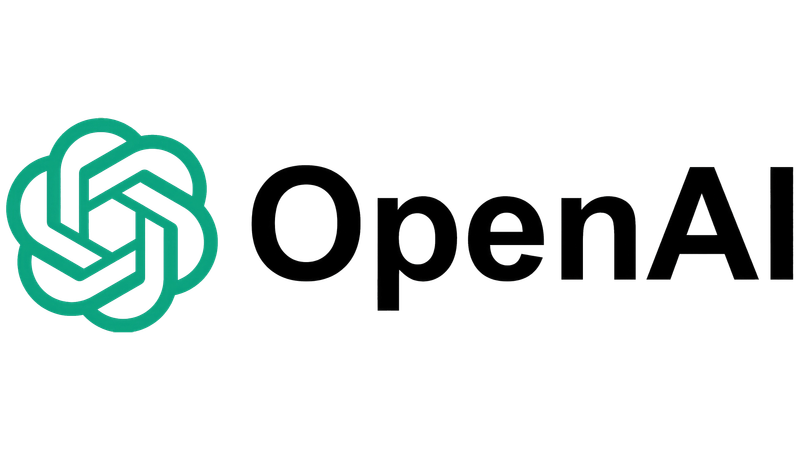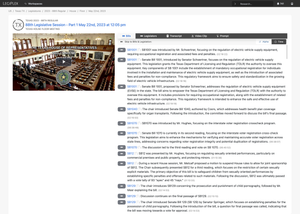The rapid evolution of artificial intelligence is reshaping how institutions operate, innovate, and deliver results. Legiplex stays at the forefront of this transformation, helping legislative bodies and experienced practitioners harness cutting-edge AI technologies to drive meaningful outcomes. One of the most groundbreaking developments in the AI space is OpenAI’s introduction of Agents—a powerful new paradigm for AI integration that has the potential to revolutionize the way we think about automation, decision-making, and human-AI collaboration.
OpenAI’s Agents are advanced systems designed to act autonomously on behalf of users, executing tasks, making decisions, and adapting to changing environments. Unlike traditional AI models that require explicit prompts and guidance for every task, Agents are built with capabilities to take initiative, gather information, and refine their actions dynamically. This shift towards more autonomous functionality is a major step forward in AI’s evolution, allowing legislative bodies to streamline workflows and businesses to automate complex processes while reducing the need for manual intervention.
How OpenAI Agents Elevate Legislative and Business Efficiency
One of the defining features of OpenAI Agents is their ability to integrate seamlessly with existing systems and data streams. In the legislative process, Agents could assist in drafting bills, analyzing vast amounts of legal text, and identifying key trends or inconsistencies in proposed legislation. For example, an Agent might review historical voting patterns or conduct sentiment analysis on public feedback to inform decision-making. This level of integration ensures legislators have access to data-driven insights while freeing up valuable time for policymaking.
In the business realm, Agents are designed to communicate with APIs, databases, and other software platforms, enabling organizations to create unified, intelligent ecosystems. Whether in legislative or business contexts, the ability to facilitate real-time decision-making and optimization is a transformative capability.
Another key advantage of Agents is their adaptability. By leveraging reinforcement learning and other advanced techniques, Agents can continuously improve their performance over time. They learn from feedback, refine their strategies, and adjust their behavior to meet evolving demands. For legislators, this means having tools that evolve alongside shifting policy priorities. Legiplex is already exploring ways to integrate Agents into both legislative workflows, providing clients with the tools they need to future-proof their operations.
The Path Ahead: Opportunities and Challenges in Legislation and Business
While OpenAI’s Agents represent a significant leap forward, their adoption also comes with challenges that must be addressed. Ensuring transparency, accountability, and ethical use of these systems is critical, especially in legislative processes where public trust is paramount. Legiplex helps organizations and governments navigate these challenges, offering guidance on best practices and compliance frameworks that promote responsible AI use.


